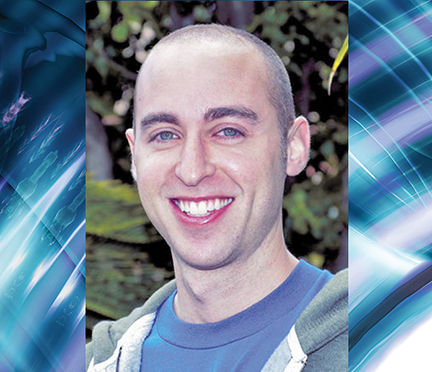In middle school and high school, I would stay home weekend evenings when boxing was on that night’s HBO schedule. With my yellow legal pad in my lap, some comfy socks and a suitable array of snacks and beverages, I’d
In middle school and high school, I would stay home weekend evenings when boxing was on that night’s HBO schedule. With my yellow legal pad in my lap, some comfy socks and a suitable array of snacks and beverages, I’d sit on the couch and score the fights. Unofficial ringside scorer Harold Lederman and I didn’t always agree on point totals — he always scored too many rounds a draw — but I felt like I developed a keen eye for the sweet science.
Boxing is a minor tradition in my family. My grandfather sometimes worked as a corner man with a New York trainer. One of his fighters was Emile Griffith, who would go on to become welterweight and middleweight champion of the world. He also became my dad and uncle’s babysitter. Seriously.
Muhammad Ali fought his last fight before I was born, but I grew up confidently believing that he was the greatest fighter of all time. Partly because of old footage, partly because of colorful anecdotes, partly because, well, because he said so.
Ali was his very own hype man before that term had even been coined. But he boasted with such charm and wit, creating an infectious sense of joy for everyone listening — other than Joe Frazier, perhaps.
While he’s now an almost universally revered figure, many of the same complaints athletes face today actually originated with Ali. Too boisterous. Too flashy. Too self-centered. Ali predates the entire “back in my day” community of current curmudgeons, which makes their present-day finger wagging all the more ridiculous and hypocritical.
Most of the animosity he faced has eroded over the years, but Ali’s lasting mark on society should still be one of defiance. His national and international impact resonated even more than his in-ring exploits. He used his stardom and influence to promote what he felt were causes crying out for support. His vision was one of progress and forward momentum, opposed to the cowardice and conservatism he was witnessing. His hopes were for equal footing, not comfortable walkways for some and treacherous inclines for others.
Ali wasn’t without his own prejudices, or at least ideology I disagree with. He spoke openly and candidly about his feelings on mixed-race couples, explaining that he loved his people and culture too much to ever see it dissolve. He felt two people from different backgrounds would never have the appreciation for one another they’d enjoy with “their own.” On this, we differ.
His stance as a conscientious objector during the Vietnam War cost Ali more than three years of his prime boxing window and unknown dollars. Some believe him to be a traitor, others a hero. But maintaining his convictions while under threat of personal and professional harm is something I certainly admire. Too often we see notable figures betray their convictions under scrutiny. Ali valued his dignity more than others’ acceptance.
Now, at a time when America seems to be having an identity crisis, an Ali figure would be a welcome messenger. A figure of both strength and empathy. A figure of both thoughtfulness and skepticism. A figure of both individual success and universal morality.
Ali passed away Friday, but he lives on as the athletic symbol of righteous indignation so few could ever hope to emulate. We can only hope some more blessed individuals might still try.
•••
David Simon can be reached at dsimon@thegardenisland.com.


